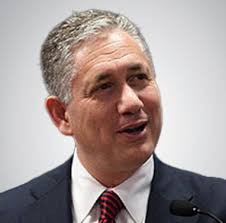
So, You Want To Become A Doctor? Here’s How To Get Started By Dr Eugene Kramer
You dream of the day you can walk into a hospital, look at your patients and see them as people who need your help. You want to know everything about every organ in their body and how every test you order will benefit them. You’re ready to go through long years of school, endless amounts of studying and sleepless nights filled with tears because you miss your family. However, before you decide to become a doctor, there are some things that must be considered:
Get Good Grades
So, you want to become a doctor? That’s great! It’s not easy. You’ll have to study hard from the very beginning of your education and throughout your medical career. But it’s worth it: becoming a doctor allows you access to some of the best opportunities in our society, including high pay and an enviable lifestyle.
Volunteer For Research, Healthcare And More
Volunteering is a great way to get hands-on experience and learn about the medical field, according to Dr Eugene Kramer. You can volunteer at a hospital, clinic or research lab. Volunteering also helps you decide if medicine is for you before making any big decisions about your future career path.
If you want to work in pediatrics, volunteer at a children’s hospital or pediatrician’s office once per week for three months. This will give you an idea of how those jobs work–and whether they’re right for you!
If orthopedics interests you more than psychiatry does (or vice versa), spend some time shadowing doctors who specialize in these fields so that they can show off their skills firsthand before deciding which one suits them best.”
Get The Right Experience And Skills
Well, that’s great! But before you get started on your journey, there are some things you should know about the field of medicine. You see, becoming a Dr Eugene Kramer requires a lot more than just studying hard and passing tests; it also means developing certain skills and abilities that will help you succeed in this field.
These skills include:
• Communication skills
• Teamwork abilities
• Problem-solving ability
• Listening skills
• Decision making ability




